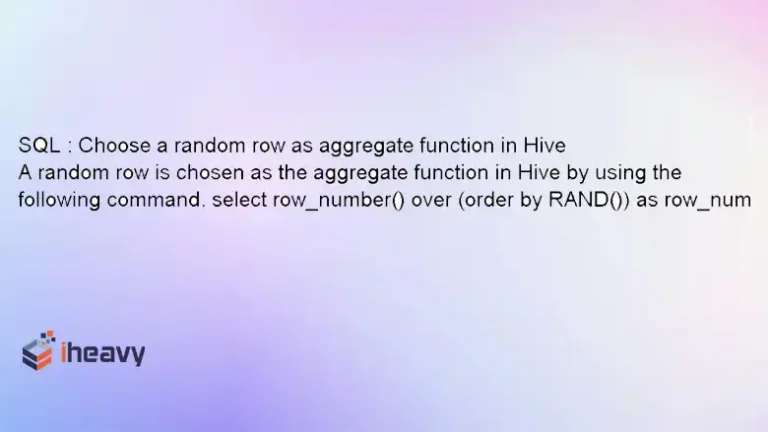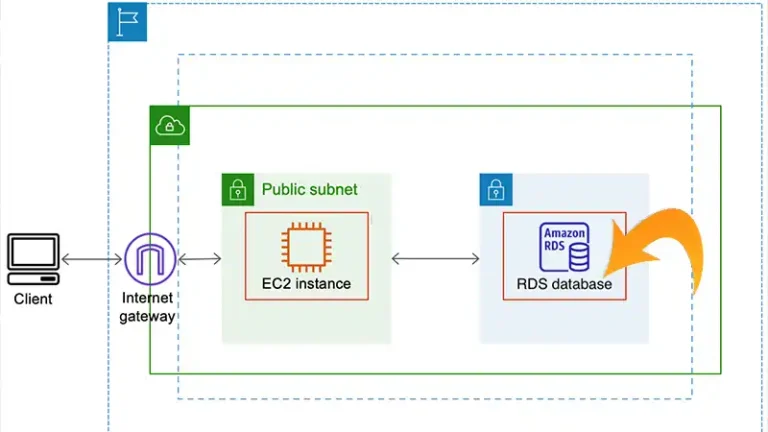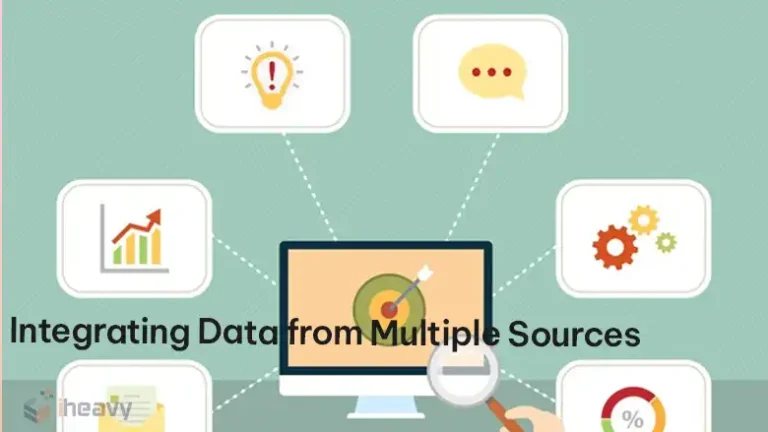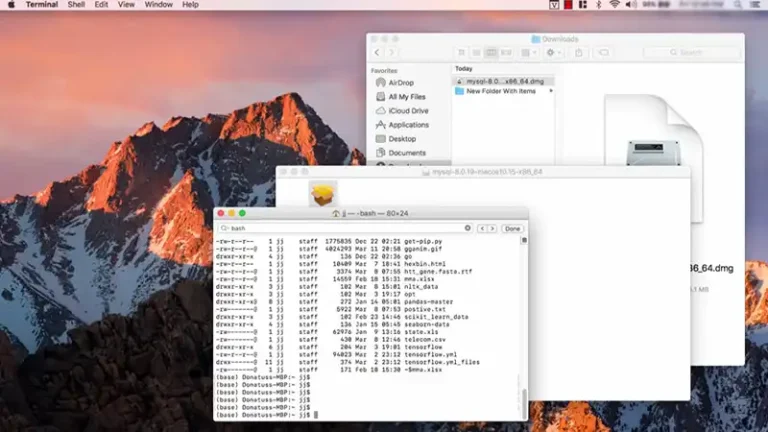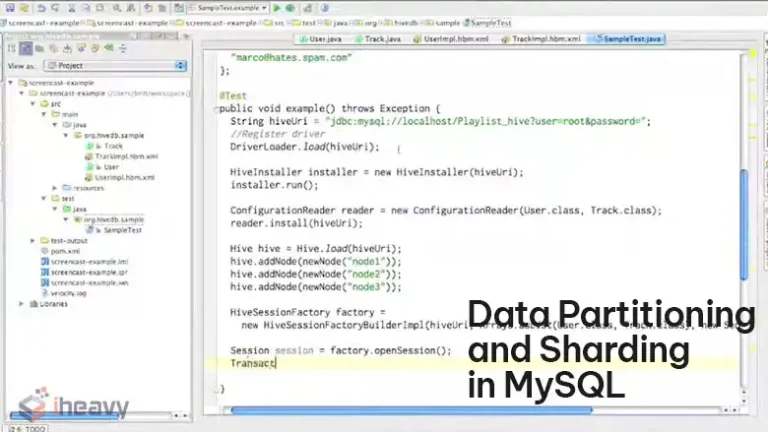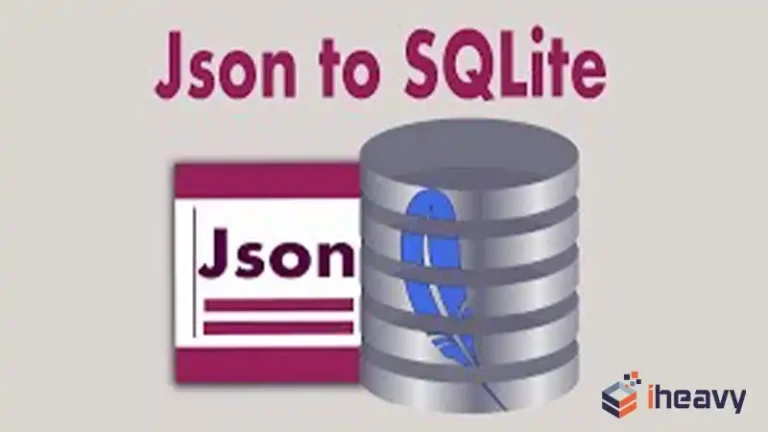Are SQL Databases Dead? A Comprehensive Analysis
In the ever-evolving realm of data management, the question of whether SQL databases are becoming obsolete has sparked ongoing debates. While some argue that NoSQL databases and other newer technologies are rendering SQL outdated, others maintain that SQL remains a cornerstone of data management.
This article delves into a deep dive, examining the current landscape of SQL databases and exploring their enduring relevance in the face of emerging technologies.
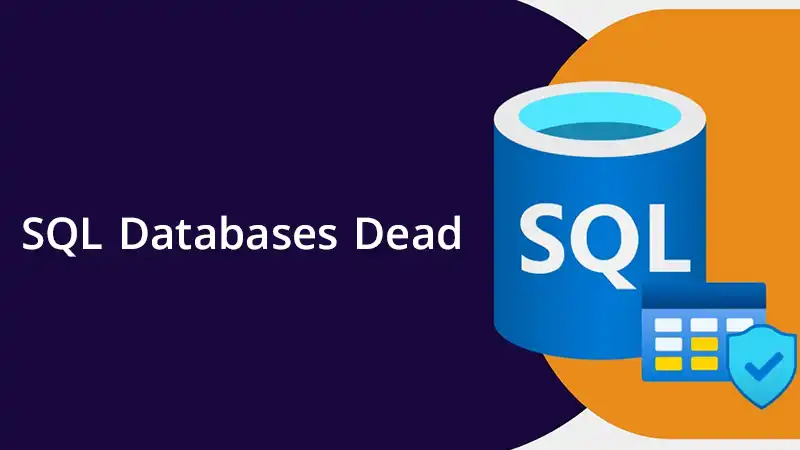
The Rise of NoSQL Databases
NoSQL databases emerged as an alternative to relational SQL databases which had dominated the data management landscape since the 1970s. NoSQL databases are categorized as non-relational since they do not follow fixed schema or tabular structures.
Some key advantages offered by NoSQL databases include:
- Flexible and scalable data models for handling unstructured data
- Ability to horizontally scale across commodity servers
- High availability and fault tolerance
- Reduced complexity by avoiding complex SQL queries
Due to these benefits, NoSQL databases like MongoDB, Cassandra, Redis, and Couchbase have gained rapid adoption for modern applications, especially in cloud environments.
The Resilience of SQL Databases
While NoSQL usage is accelerating, traditional SQL databases are far from dead. They continue to power many mission-critical workloads due to unique strengths:
Standardization
SQL databases avoid vendor lock-in risks through open standards including ANSI SQL, JDBC, ODBC, and more. These standards ensure skills, applications, and data models can be ported across different SQL database technologies and vendors.
For risk-averse enterprises that value long-term investments, avoiding proprietary lock-in provides a strategic advantage.
Mature Transaction Support
SQL databases have robust transaction management with ACID properties to maintain data consistency across operations. NoSQL databases typically offer only limited transaction capabilities for certain data access patterns. For use cases needing bulletproof transactions, SQL is preferable.
Sophisticated Analytics Functions
SQL standards include extensive statistical, window, time series, and machine learning functions for advanced analytics directly within the database. NoSQL query languages have limited native analytic capabilities. For complex analytics, SQL reduces the need for data movement and ETL.
Proven Reliability from Maturity
SQL databases have over 40 years of technology evolution and real-world hardening. The rigorous ANSI SQL standards process has led to battle-tested and trusted RDBMS implementations.
SQL engines have been put through countless stress tests over decades of enterprise usage. This unmatched maturity makes SQL databases the most reliable choice to run business-critical workloads where risk tolerance is low and proven stability is mandatory.
Data Modeling Flexibility
SQL databases offer the ability to fine-tune data models using techniques like normal forms, de-normalization, hierarchies, and more. NoSQL schemaless approaches can lead to redundancy and integrity issues without careful modeling. For reliable enterprise data models, SQL provides proven methodologies.
Security Features
Granular access control, row-level security, dynamic data masking, and encryption are built into leading SQL databases. NoSQL databases are still maturing their security capabilities. For compliance needs, SQL provides robust controls.
Procedural Programming
SQL standards include stored procedures and functions to implement application logic within the database. NoSQL databases only allow query APIs, requiring additional application layers. SQL minimizes round trips and logic duplication.
Enabling Polyglot Persistence
Rather than an either-or choice, pragmatically combining SQL and NoSQL provides flexibility to use the optimal technology for each workload while avoiding the limitations of single technology architectures.
This polyglot approach allows enterprises to leverage SQL’s strengths while also benefiting from NoSQL where appropriate through confirms instead of dogma.
Development Ecosystem
Mature IDEs, automated testing frameworks, declarative schema management, DevOps integrations, and other productivity tools exist for SQL. Equivalent capabilities for NoSQL are still evolving. For accelerating development, SQL offers a robust ecosystem.
Complex Query Capabilities
The declarative SQL language provides unmatched capabilities to express complex analytic and reporting queries. SQL is designed for set-based operations with powerful abilities to filter, join, aggregate, rank, pivot, and transform large datasets.
ANSI SQL standards ensure skills are portable across databases. Leading business intelligence, data analysis, and visualization tools rely on SQL access to provide insights. For enterprises that need to make decisions based on history, SQL remains the query language of choice.
Safeguarding Data Integrity
The ACID transaction properties of SQL databases, combined with features like declarative constraints, foreign keys, triggers, and materialized views enable strong data accuracy and consistency guarantees difficult to achieve in NoSQL. For enterprises where data integrity is paramount, these capabilities are indispensable.
Ecosystem Integration
An ecosystem of reporting, visualization, ETL, data integration, monitoring, and management tools has evolved around SQL databases leveraging ODBC, JDBC, and ADO.NET interfaces. Migrating away can jeopardize existing tool integrations and require effort to rebuild them on new platforms.
SQL’s Adaptability and Evolution
To address the challenges posed by NoSQL databases, SQL has undergone continuous evolution, and major SQL vendors have added capabilities:
- Horizontal scaling architectures such as Google Spanner demonstrate SQL can scale on commodity hardware.
- JSON support expands the ability to handle semi-structured data within SQL.
- Cloud-native versions like Amazon Aurora integrate SQL with auto-scaling, high high-availability managed services.
- Operational automation through features like auto-tuning and serverless platforms reduces management overheads.
- Open-source RDBMS options like PostgreSQL provide zero license cost SQL with enterprise capabilities.
With rapid innovation, SQL databases retain competitiveness in modern application needs.
SQL’s Role in a Modern Data Ecosystem
In today’s data-driven world, SQL databases play a critical role in a modern data ecosystem, often working alongside NoSQL databases and other data storage solutions. SQL databases excel at managing structured data, while NoSQL databases provide flexibility for unstructured data.
This involves using the optimal database type for specific access patterns and use cases rather than a one-size-fits-all single database.
Typical examples of polyglot persistence include:
- SQL for online transactional workloads needing ACID guarantees.
- NoSQL for large-scale sensor data needing high insertion speed.
- SQL for business reporting and analytics.
- NoSQL JSON store for rapid product catalog prototyping and iterations.
- Hybrid SQL and NoSQL datastores for complex access patterns.
Rather than compete, leading data architectures are embracing SQL and NoSQL as complementary technologies. SQL continues to be the preferred choice for complex querying, transactions, and standardized data access.
FAQs Time – Frequently Asked Questions and Answers
- What are the limitations of SQL databases?
Answer: Some limitations include rigid schema, scaling challenges for unstructured data, complex queries, and lack of availability configurations compared to NoSQL.
- When should NoSQL be used over SQL?
Answer: NoSQL is preferred for rapidly evolving data, flexible schemas, high-scale writes, unstructured data, and non-critical data access.
- Can SQL and NoSQL databases be used together?
Answer: Yes, polyglot persistence combines SQL and NoSQL in a complementary fashion based on data access patterns, scale needs, and query complexity.
To Conclude
While NoSQL usage is accelerating, SQL retains unique strengths around transactions, complex queries, standards, and a rich ecosystem. SQL and NoSQL are becoming complementary elements of a modern polyglot persistence architecture.
The future will see scaled-down but continued critical reliance on SQL alongside carefully chosen NoSQL solutions. Rather than go extinct, SQL is evolving and adapting. For the foreseeable future, declarations of SQL’s demise are greatly exaggerated.

